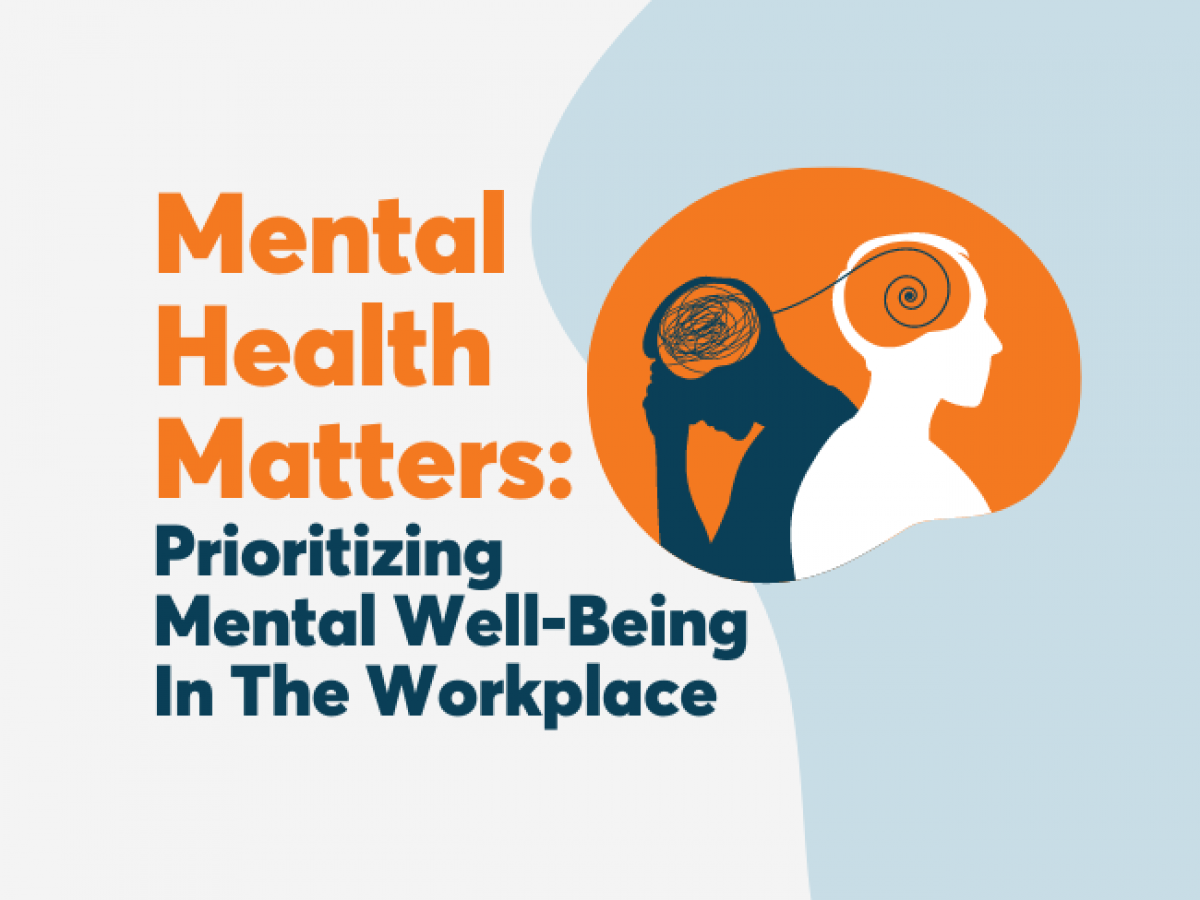Mental health is essential to overall well-being and must be integrated into daily life. Embracing wellness practices can significantly enhance one’s mental health.
Understanding the importance of mental health is crucial in today’s fast-paced world. Prioritizing wellness involves creating balance, managing stress, and fostering emotional resilience. Integrating simple, yet effective habits like mindfulness, regular exercise, and nutritious eating can profoundly impact mental clarity and stability.
Acknowledging the need for mental rest and social support also plays a vital role in maintaining psychological wellness. As conversations around mental health continue to gain prominence, it is increasingly important to recognize that taking care of our mental state is not a luxury, but a necessity. This introduction sets the stage for a deeper discussion on how to prioritize mental health and incorporate wellness practices into our everyday routines, ensuring a healthier, happier life.

Credit: www.wellable.co
The Pillars Of Mental Well-being
Mental health is the foundation of our overall well-being. It shapes how we think, feel, and act. Just like a house, our mental health stands on several pillars. Each one holds up an important part of our wellness. Let’s explore these pillars and learn how to keep them strong.
Physical Activity: A Cornerstone For A Healthy Mind
Moving our bodies does wonders for our minds. Exercise releases chemicals that make us feel good. It also helps us sleep better. This leads to a happier and sharper mind. Here are some ways to stay active:
- Take a walk every day.
- Join a sports team or group.
- Do yoga to relax your body and mind.
Even small changes can make a big difference. Try taking the stairs instead of the elevator. Dance to your favorite songs. Every step counts!
Nutrition And Hydration: Fueling The Brain
Eating well is key for a happy brain. Our brains need the right mix of nutrients to work well. Here’s a simple guide to eating right:
| Food Type | Benefits |
|---|---|
| Fruits and Vegetables | Keep the mind sharp and clear. |
| Whole Grains | Provide energy to power through the day. |
| Lean Proteins | Support brain cell repair and growth. |
Don’t forget to drink water! Staying hydrated helps the brain stay alert. Aim for eight glasses a day.
Small healthy snacks keep energy levels up. Try nuts or a piece of fruit between meals.

Credit: www.facebook.com
Cultivating Emotional Resilience
Cultivating emotional resilience is key to maintaining mental wellness. This ability allows us to handle life’s ups and downs with strength. It means bouncing back from challenges. Emotional resilience does not eliminate stress. But it helps us manage it better. We build resilience by learning skills and creating a supportive environment.
Stress Management Techniques
Mastering stress management is crucial for resilience. Here are effective ways to keep stress in check:
- Mindfulness: Practice being in the moment. Try deep breathing or meditation. These calm the mind and body.
- Regular Exercise: Physical activity releases endorphins. These are feel-good hormones that improve mood.
- Healthy Sleep: Aim for 7-9 hours of sleep. Good sleep helps the brain and body recover.
- Time Management: Organize your day. Use lists or apps to keep track of tasks. This reduces stress from feeling overwhelmed.
Building Supportive Relationships
Surrounding yourself with a strong network enhances resilience. Here’s how to create supportive bonds:
- Communicate Openly: Share feelings with friends or family. This builds trust and understanding.
- Be There for Others: Support friends in need. Helping others can also boost your own resilience.
- Join Groups: Find community groups or clubs. Shared interests create natural support systems.
- Seek Professional Help: Sometimes we need extra support. Therapists or counselors can offer guidance.
Lifestyle Adjustments For Balance
Embracing a balanced lifestyle is crucial for mental health. Making small changes in daily habits can lead to significant benefits. This section explores key adjustments to enhance overall well-being.
Importance Of Sleep
Quality sleep is foundational for mental wellness. It’s essential for the brain to rest and recover. Aim for 7-9 hours each night. Consider these tips for better sleep:
- Regular sleep schedule: Go to bed and wake up at the same time daily.
- Comfortable environment: Ensure your bedroom is dark, quiet, and cool.
- Limit screen time: Avoid screens at least an hour before bedtime.
Mindfulness And Meditation Practices
Mindfulness reduces stress and improves concentration. Meditation can lead to a calmer mind. Start with these simple steps:
- Find a quiet spot.
- Focus on your breath.
- Practice daily, even for just five minutes.
Apps and online videos can guide beginners.

Credit: www.linkedin.com
Frequently Asked Questions
Why Is It Important For People To Prioritize Their Mental Care And Wellness?
Prioritizing mental care and wellness boosts overall health, enhances productivity, and strengthens relationships. It helps manage stress, improves decision-making, and supports emotional stability. Prioritizing mental health is essential for a balanced and fulfilling life.
Why Is Mental Health Important To A Healthy Lifestyle?
Mental health is crucial for maintaining overall well-being, enhancing quality of life, and ensuring emotional balance. It supports resilience, personal development, and the capacity to manage life’s challenges effectively.
How Do You Prioritize Your Mental Health In Your Daily Life?
To prioritize mental health daily, I set aside time for relaxation, maintain a consistent sleep schedule, exercise regularly, practice mindfulness, and stay connected with loved ones.
Conclusion
Prioritizing mental health is crucial for a balanced life. Adopt simple wellness habits to nurture your mind daily. Remember, seeking help is a sign of strength, not weakness. Let’s make mental well-being a non-negotiable part of our lives. Your mental health is worth every effort.
